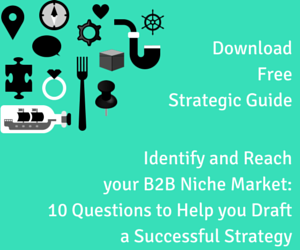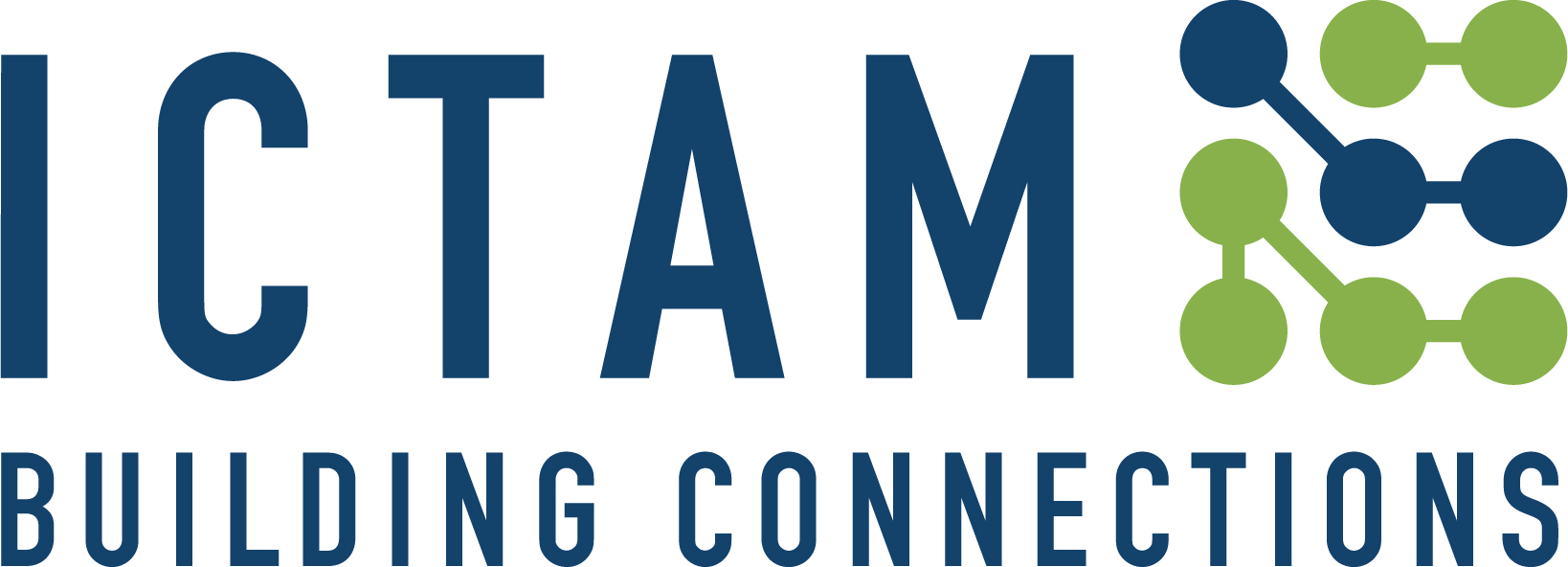Identifying and reaching very targeted leads within a global business-to-business (B2B) niche market sounds like an overwhelming task. How can a small or medium-sized company like yours find and connect with the group of users that could use your solution for their applications?
If your company is in the field of industrial manufacturing, technology or science, you probably produce very specific solutions and targets very specific market segments:
- Does your company develop “software”? Or “software for the design optimization of antennas with electromagnetic components”?
- Does your engineering team design “electronic systems”? Or “wireless electronic controls for intelligent construction machinery”?
- Is your team creating solutions for water and wastewater treatment plants? Or “cybersecurity solutions for water and wastewater treatment plants in small municipalities”?
Technical clients offer solutions for a wide variety of specific applications in a variety of industries. Each of these applications for each particular industry should be considered a unique segment, as each constitutes a unique B2B niche market.
Problems and challenges experienced by B2B niche markets in technical fields tend to be not local, but global. Clients, wherever they are, look for solutions to their specific problems. Vendors offer solutions for these problems. Specific solutions for specific technical challenges connect vendors and buyers – no matter where in the world they are.
However, while some companies succeed in their efforts to connect with their B2B niches in global markets, most companies struggle.
What are the key elements that companies require to effectively connect with their ideal customers in highly targeted, international markets?
Dominate your B2B Niche Market
(If your company sells a product or service that serves the needs of a narrow segment of the market, you may still want to keep reading. What follows are some of my secrets that may be applicable to you too.)
The first secret to connect with a B2B niche market is the segmentation of your audience. Yes, there are a number of categories that classify your clients and potential clients: demographics, number of employees, location, size of the company, industry, volume of sales…
Those criteria are ok – but not good enough. Any segmentation won’t do the trick.
If your company has decided to dominate a specific market segment, a “smart segmentation” is a must. Smart segmentation means that your target market should be categorized into sections or “segments” based on the problems your clients have, and the solutions your company offers to solve these particular problems.
By focusing your strategy and focusing your efforts on these highly targeted segments, your company can reap many benefits :
- You can dominate the specific B2B niche market: other businesses may not be as knowledgeable as your team is on the given topic, while large companies tend to have pretty much no interest when it comes to small markets,
- Your team can become the expert and go-to specialist, and
- Niche markets are less sensitive to pricing.
So, next time your company decides to dedicate time, effort and resources to lead generation and marketing campaigns, think long and hard about who you are going to talk to, what you have to offer them and what you are going to say. You will be surprised how well your company is received in the international arena – just because it offers a very unique solution to your clients’ very unique challenges.
If you’ve reached this point in the article and would like to learn more about lead generation in B2B niche markets for companies in industrial manufacturing, technology and science, download the strategic guide that NicheMktg developed to help companies take the first steps in the right direction:
“Identify and Reach your B2B Niche Market: 10 Questions to Help you Draft a Successful Strategy”






